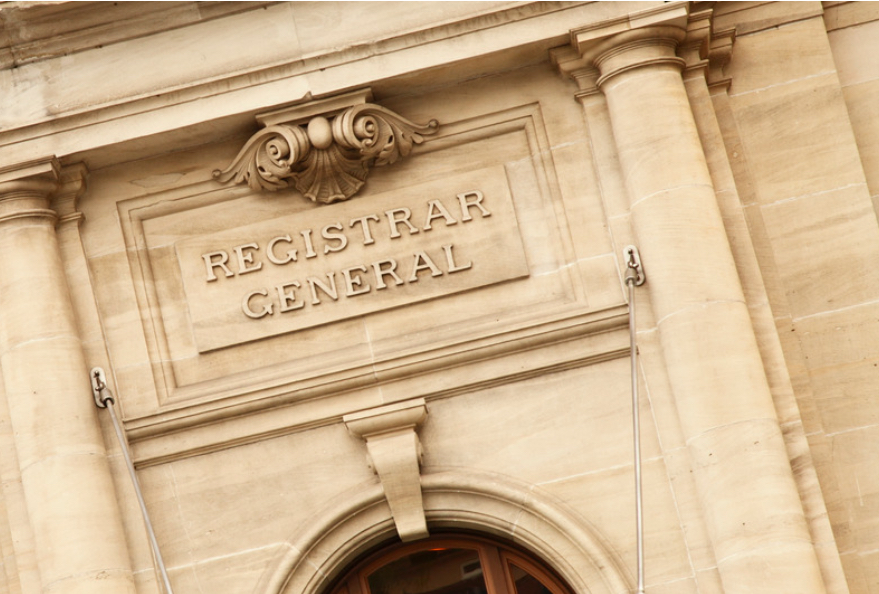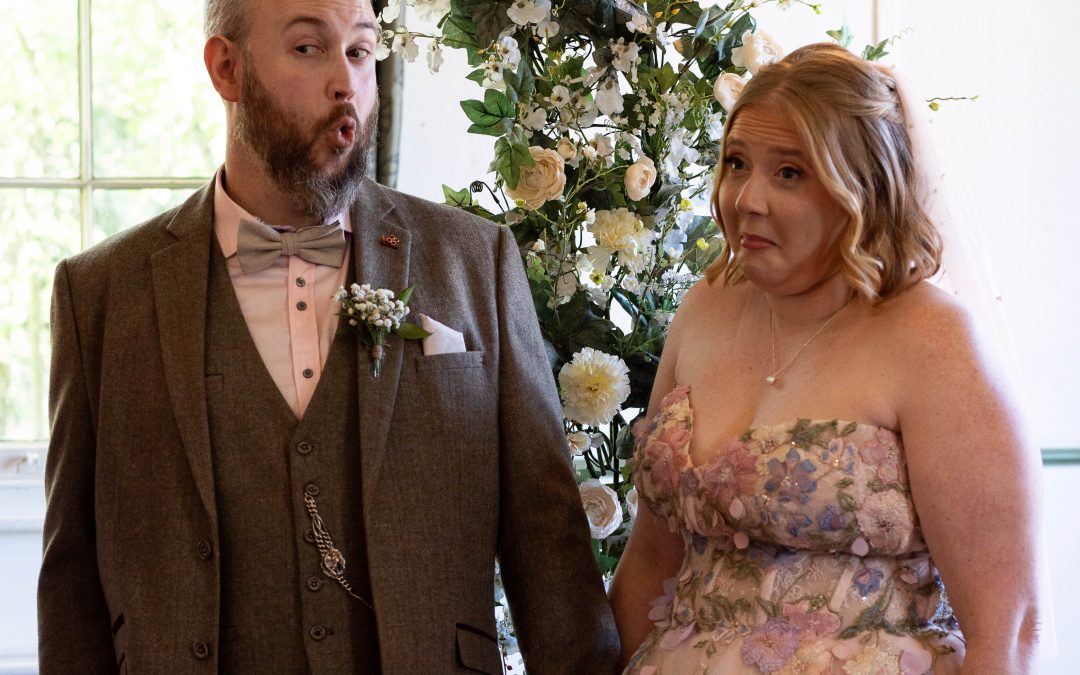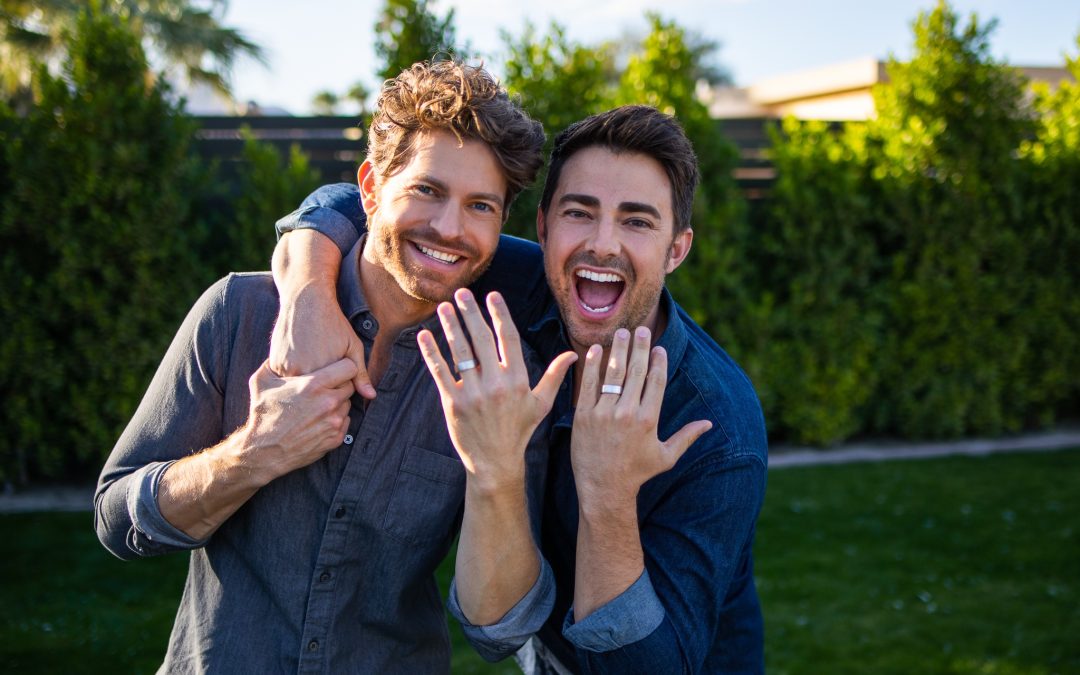Planning your ceremony is exciting, but understanding the legal steps for getting married in the UK can feel confusing for many couples.
As a wedding celebrant, I often get saddened by the mis-information given to couples by Registrars about the legal requirements, Celebrants and Celebrant led Wedding Ceremonies. Some, even go to lengths to blatantly tell lies to couples, which ultimately reduces their options and takes away the freedom to choose what they want for their special day and they don’t get what the wedding they truly wanted, or envisaged.
In my work as a Celebrant, my number one priority, to give couples a choice, so that couples can have the wedding couples rightly deserve and want. I am not going to tell you what you can and can’t do.
So, let’s break it down. A ‘Marriage’ and a ‘Wedding’ and two seperate things!
A MARRIAGE: is the legal part of proceedings, led by a Registrar. It’s the paperwork, checking eligibility, a decollation and contracting words, the vows and the witnesses. It can not included anything religious and is impersonalble.
A WEDDING: is the ceremonial part, led by a Celebrant. It’s a ceremonial and personal celebration. A love story, singing songs, readings and speeches. A Wedding ceremony can contain both non religious and religious aspects and symbolism and rituals, Commitments, Vows, a Ring Exchange, and the Kiss – of course.
Some Registrars will offer you a full ceremony, stating that you must have this ceremony to make your marriage legal. This is not true! If you are looking to have a Celebrant led Wedding, then you can tell the Registrar that you only want a ’Simple’ ceremony. A simple ceremony will last 15 minuets and will only included the required aspects required to make the marriage legal. And to confuse matters even further, in some regions, some Registrars will call themselves a Celebrant. They are not. They are Registrars, who work for the local authority.
Couples ask me:
“What do we need to do legally before we can get married?”
Here is a clear, friendly step-by-step guide to help you navigate the legal side so you can relax and enjoy your wedding planning. I must state that I am not a legal professional and the information contained in this blog is mostly taken for the GOV.UK site. Information is correct at the time of publishing.
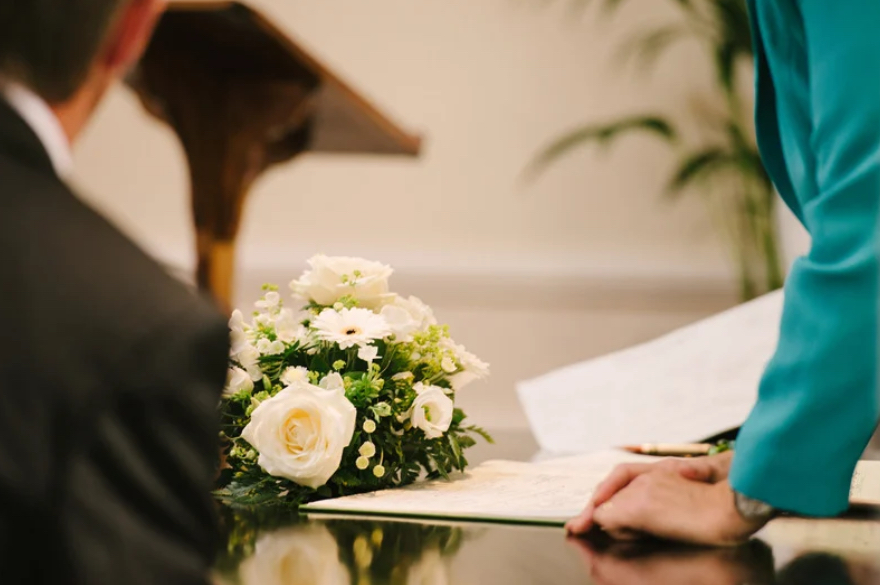
Registrar’s Office
⸻
Why it’s important to understand the legal steps
- Ensures your marriage is legally recognised in the UK
- Helps you avoid delays or stress before your wedding day
- Gives you confidence so you can focus on planning a beautiful ceremony
⸻
Step 1: Decide how you want to get married
In the UK, you can marry through:
•A civil ceremony conducted by a registrar via the Local Authority
•A religious ceremony in a registered building
•A combined legal and celebrant-led ceremony (in Scotland)
•A separate legal registration with a celebrant-led ceremony (in England, Wales, and Northern Ireland)
In England and Wales, independent celebrants cannot legally marry couples, so many couples complete the legal registration separately and then have their personalised wedding ceremony with their celebrant.
⸻
Step 2: Check eligibility
To get legally married in the UK, you must:
- Be over 18 (or 16 with parental consent in England, Wales, and Northern Ireland)
- Not be closely related to your partner
- Be free to marry (single, divorced, or widowed)
- Have the legal capacity to consent to marriage
⸻
Step 3: Choose your venue
Your marriage must take place at a registered or licensed venue if you wish for your marriage ceremony itself to be legally recognised (in England, Wales, and Northern Ireland). A Registry Office is Licensed and many venues are where a Registrar can come out to.
In Scotland, outdoor weddings and non-registered venues can host legal ceremonies if conducted by an authorised celebrant.
A registrar must carry out, or be present at, your MARRIAGE ceremony. You can book a registrar yourself or the venue may do this for you.
The cost of a registrar is:
- £56 at a register office
- £104 at a registered religious building
- Cost may be different at other approved venues.
⸻
Step 4: Give notice of marriage
You must by law give notice at your local register office at least 29 days before your ceremony.
What does giving notice mean?
It is a legal declaration of your intention to marry, made in person, and your details are displayed publicly at the register office.
You must decide where to have your marriage or civil partnership ceremony before ‘giving notice’.
To give notice, you’ll sign a legal statement at your local register office saying you intend to get married or form a civil partnership. This must include details of the final venue for your ceremony.
You must hold your ceremony within 12 months of ‘giving notice’.
What you need to take to the Registry Office:
- Valid passports or birth certificates as proof of identity
- Proof of address (utility bill, bank statement)
- Divorce decree absolute or death certificate of previous spouse (if applicable)
- Translation of documents if not in English
For non-UK nationals, additional paperwork and visas may be required. It is advisable to check with your local register office if you have immigration considerations.
⸻
Step 5: The ceremony
- Your legal Marriage (Simple) ceremony must:
- Be conducted by a registrar or authorised celebrant (Scotland)
- Have at least two witnesses present
- Include the legal words required by law.
The words required by law are:
- Declaratory words:
I do solemnly declare that I know not of any lawful impediment why I … may not be joined in matrimony to … - Contracting words:
I call upon these persons here present to witness that I …do take thee … to be my lawful wedded wife/husband.
You must exchange vows if you’re getting married. Discuss any other wording you want with the Registrar. However, you do not need to exchange vows for a civil partnership, but you can if you’d like to. Civil ceremonies can include readings, songs or music, but must not include anything that’s religious (for example hymns or readings from the Bible or the Torah). You can get a religious blessing of your marriage after a civil ceremony. Remember, you can include religious readings, songs, rituals etc in a Celebrant led Wedding Ceremony!
You and your partner will sign a ‘schedule’, along with your witnesses and registrar. You can each include up to 4 parents on the schedule (for example mothers, fathers or step-parents).
After the Marriage ceremony, you and your witnesses will sign the marriage schedule or register, which is then returned to the local register office for your marriage to be legally recorded.
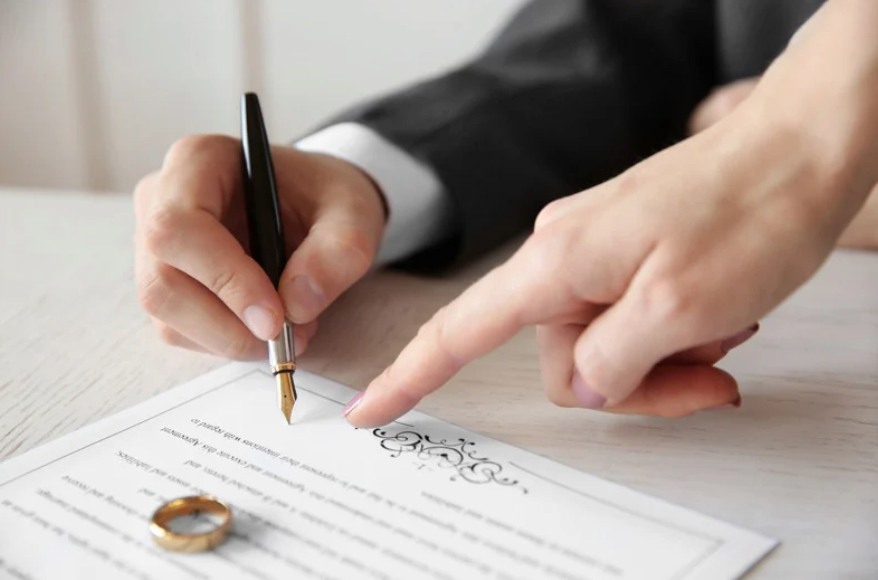
Legal Marriage Signing the Schedule.
⸻
Step 6: Obtain your marriage certificate
Once your marriage is registered, you can order your official marriage certificate from your local register office for your records, name changes, or legal purposes.
⸻
FAQs
How much does it cost to get legally married in the UK?
•Giving notice: £35–£47 per person (varies by location and immigration status)
•Ceremony fees: Depend on the venue and local authority
•Marriage certificate: Around £11
⸻
Can you have a celebrant-led ceremony and be legally married?
Yes, many couples:
1.Complete the legal registration at the register office in a simple ceremony.
2.Have a personalised, meaningful celebrant-led ceremony with their family and friends exactly how they want.
This allows you to celebrate your marriage in a way that truly reflects your story while ensuring the legal aspect is covered.
⸻
Final thoughts
Understanding the legal steps for getting married in the UK helps ensure your day is stress-free and that your marriage is legally recognised.
As your celebrant, I can guide you through this process and create a personal, warm, and joyful WEDDING ceremony that celebrates your love while ensuring you know exactly what you need to do legally.
⸻
Ready to plan your ceremony?
- Need help planning your personalised ceremony after your legal registration?
- Have questions about how a celebrant-led ceremony can reflect your story?
Book your free consultation HERE
Or visit email me for more ceremony planning resources.

